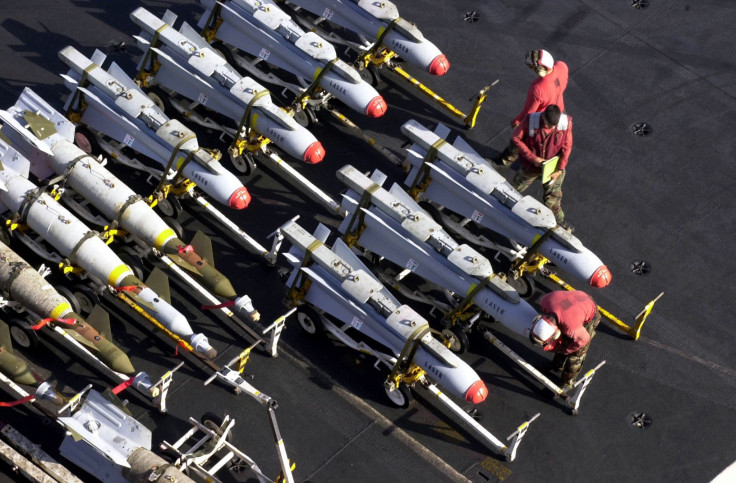Russia Warns Cuban Missile Crisis Repeat If US Deploys Nuclear Missiles
Russia has sounded a warning saying a 1962-like Cuban Missile Crisis is inevitable. This comes amid Moscow's criticism of US's plans to deploy missile systems in eastern Europe.
After the United States had deployed a missile in Turkey in 1962, the Soviet Union had responded by placing ballistic missiles in Cuba, just miles away from the US coastline.
TASS, a Russian News Agency, reported Russia’s Deputy Foreign Minister Sergei Ryabkov saying that a possible deployment of US missiles on the ground near Russian borders would trigger a missile crisis identical in scale to the Caribbean one (refering to Cuba missile crisis). Ryabkov said the White House, Pentagon and NATO’s international secretariat maintain that US and the alliance have no plans to deploy future systems of this range on the ground in Europe. However, he said that ‘this can easily be changed’.
“We should brace for the worst scenario. There are no plans, but the Mk-41 launchers are a reality. NATO’s intentions have been aggressive all along and they remain so,” Ryabkov said, adding that NATO and the US should realize that the situation can aggravate to the maximum. “We may find ourselves in the situation of a missile crisis pretty close to the Caribbean one.”
Moreover, Ryabkov, according to Sputnik News, said Russia is ready for any steps that NATO could take over Russia’s suspension of compliance with the Intermediate-Range Nuclear Forces (INF) Treaty, and it is going to respond with military measures if its security is jeopardised.

In October 2018, the Trump administration announced its plans to withdraw from the 1987 INF Treaty with Russia. Experts criticized Washington saying doing so will remove all constraints on the deployment of Russia’s illegal missiles. But US has gone ahead with developing its own futurists missiles and systems.
The Foreign Policy said US will probably be testing a low-flying cruise missile with a potential range of 600 miles, while the other is a ballistic missile with a longer range of about 1,900 to 2,500 miles. Pentagon officials have so far not commented on the purpose of these missiles.
The director for disarmament and threat reduction policy at the Arms Control Association, Kingston Reif had said that the risks of a new missile race in Europe, without the INF Treaty, will grow. Reif said the US has no viable plan to prevent Russia from pursuing additional capabilities. He also said that US has ‘no military need to develop a new missile’ for deployment in Europe.
© Copyright IBTimes 2025. All rights reserved.





















